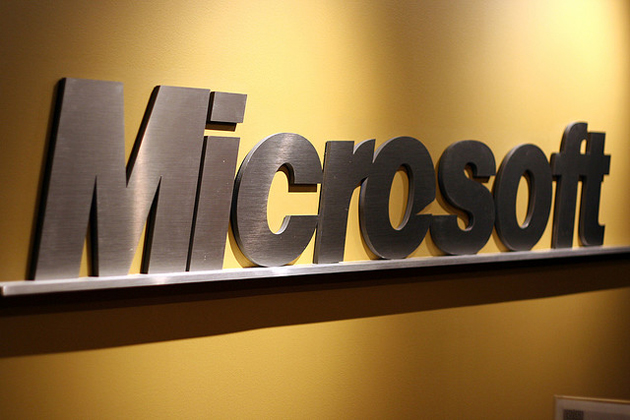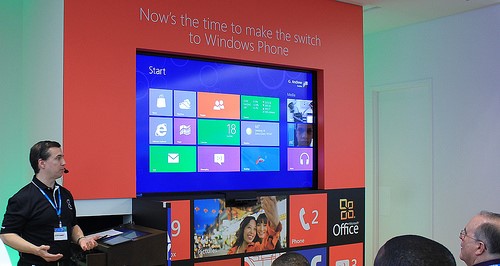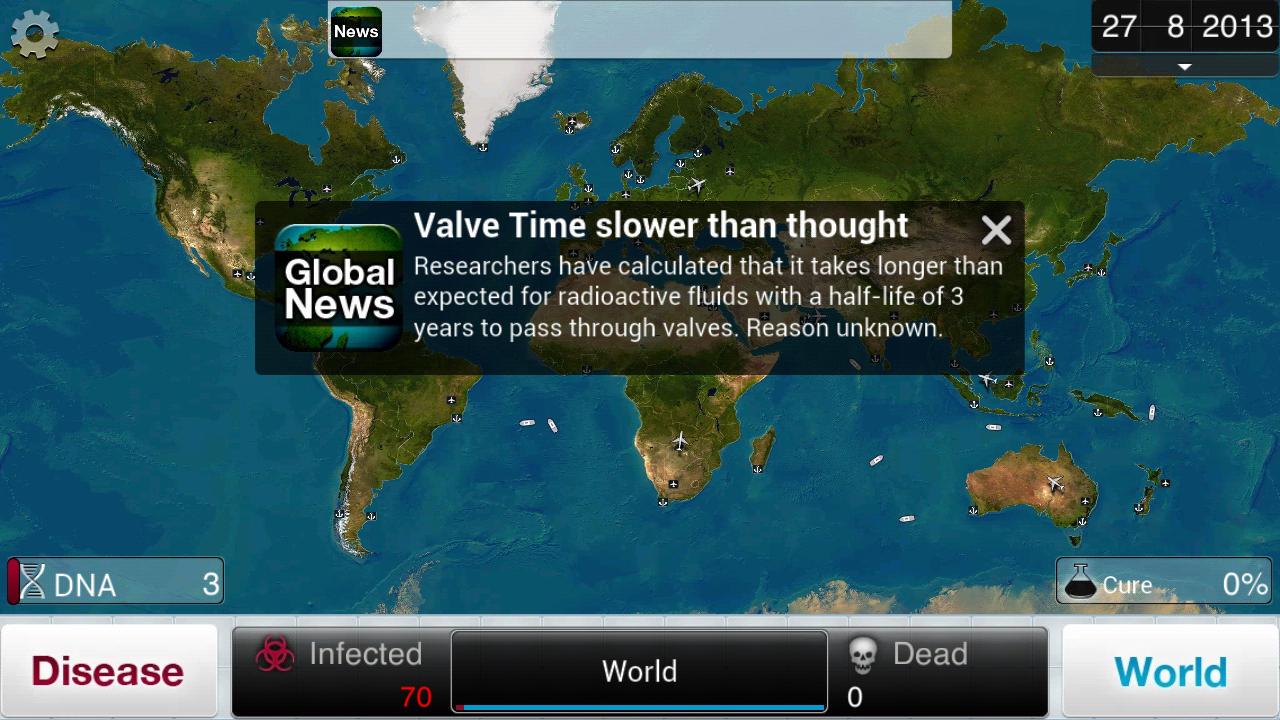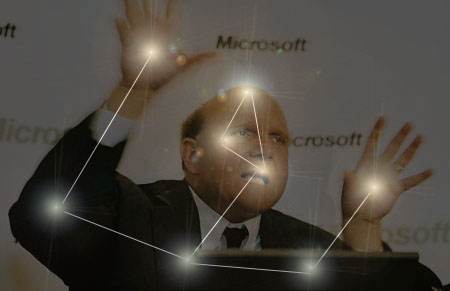Editorials
 |
Microsoft is taking great exception to the reports of their cooperation with the NSA. It seems they do not feel the reports that they have given encryption keys, created backdoors or unrestricted access to their servers is fair. Instead they are releasing some information in the hopes that they can prove they did not do anything wrong. Sadly, as is always the case, what they leave out of their statements is as important as what is in them and there is some fairly eye opening information in their actual statement.
- Details
- By Sean Kalinich
- Hits: 3594
 |
Believe it or not, thanks to Windows 8, PC sales have just gone through the biggest decline in the past 20 years. These sales, combined with the increasing popularity of tablets, beg the question: is Windows 8 going to destroy the PC Market?
I own a PC that came with Windows 8, and I can tell you, I wasn't pleasantly surprised when I began to use the operating system. Lets take a look at why or why not PCs might be on their way out.
- Details
- Hits: 4977
Read more: Could Windows 8 Destroy the PC Market as We Know...
 |
Valve as a game development company has been a big hit in the past. Titles like Half--Life (and all the follow-ons) Day of The Ancients, and more have made them a name that still is respected by gamers. At least that was the case until they teased the gaming community with the third installment of Half-Life too many times. Now the consensus is that Valve cares more about getting Steam Working for Linux out of spite for Microsoft than it does about releasing games. In fact the whole thought of seeing Half-Life 3 in the foreseeable future has become something of a joke in the gaming and development community.
- Details
- By Sean Kalinich
- Hits: 3721
 |
Microsoft as a corporate entity has had an interesting life cycle. When Bill Gates was in charge the goal was to build systems and software that would interconnect and build the back bone for corporate and home networks. Interoperability was the key and the folks at Microsoft insisted on creating their products to work now and also support older programs (and in some cases hardware). This was vital for their target market; the enterprise. Bill Gates knew that if he build a solid back ground in companies, universities, schools etc then it would spread to the consumer market. The plan worked and continued to work simply because most people want a similar experience across their computing platforms (remember this point). The move was brilliant and Microsoft managed to get themselves very firmly entrenched in the market.
- Details
- By Sean Kalinich
- Hits: 3588
 |
At the Windows Build conference Microsoft is all about pushing Window 8.1. This is the new release of Windows that Microsoft hope will capture the consumer imagination enough to finally bring sales back up. The question is (and always has been) has Microsoft really made any significant changes to the OS in areas that matter? We are talking about an OS that is just now (after almost a year) pushing past Windows Vista. Vista was almost as hated as the failed Windows ME which was another of Microsoft’s attempts to change the way they did things. Can Windows 8.1 really impact consumer perception of the OS? Sure there are some things to like, but it is unlikely that these changes will have a major impact.
- Details
- By Sean Kalinich
- Hits: 3317
More Articles …
- Don’t Like To Be Always Connected, Stick With Xbox 360…
- Senator John Cornyn Plays Little Dutch Boy in the Flood of Patent Craziness
- Under Pressure From Taxes, DoJ Suits And Flaggin Sales Apple Files A Patent Suit Against Samsung
- Microsoft Lync, Um We Mean Skype Is Not As Private or Secure As You Might Think
Page 20 of 89



